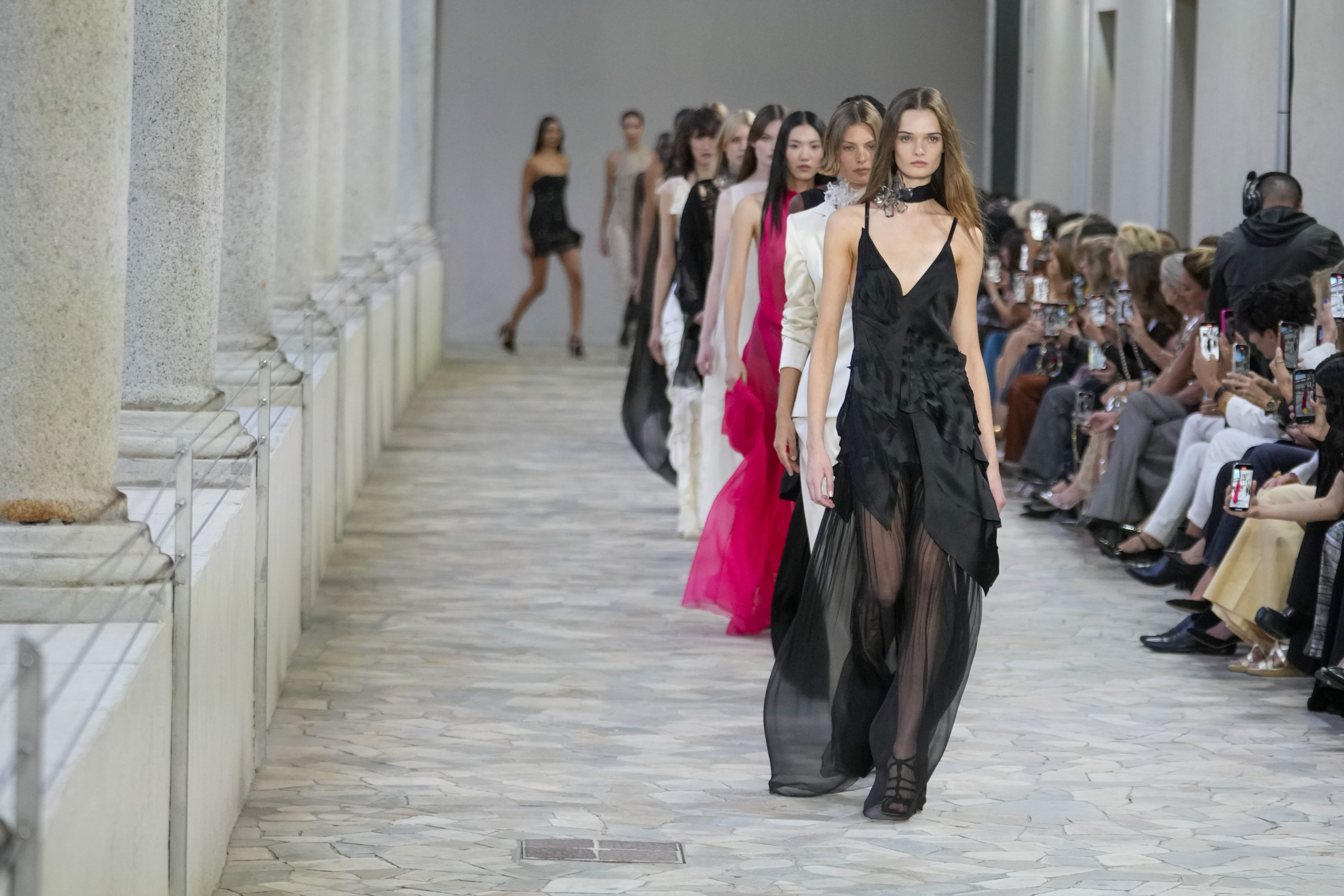Fitness
How Robin Arzón Became the Blueprint for Fitness Success

This story is part of Latinx in Fitness, a series of articles highlighting the unique experiences of Latinx trainers, athletes, and gym owners within the fitness community from their own perspectives. Read the rest of the stories here.
ROBIN ARZÓN WAS supposed to be a lawyer. After completing her bachelor’s degree at New York University, the first-generation Cuban and Puerto Rican American attended Philadelphia’s Villanova University to earn her JD. She worked in corporate litigation for eight years after graduating, following the path set out for her by family and cultural models for success. Then, Arzón realized that she didn’t want to do what she was supposed to do. She wanted to do what she believed she was meant to do: democratize and diversify fitness.
If you come from immigrant parents, you know you’re often expected to become a doctor, lawyer, or businessperson. There’s stability and familiarity in these jobs, and the former is why many parents immigrated to the U.S. in the first place. So how did Arzón’s family feel about her leap from a traditional (read: “desirable” and “stable”) career to one that they perceived as riskier?
“I think that they were surprised, but I also think that reinvention is quite common in my family,” Arzón tells Men’s Health. “Being the daughter of a Cuban refugee and the fact that my dad is from Puerto Rico meant that my parents really had to reinvent themselves many times over the years.”
Arzón’s bet on herself has been even more successful than she could have hoped. Her friends and family (and more than 1 million Instagram followers) couldn’t imagine her doing anything else. You may be familiar with Arzón as the vice president and head instructor at global fitness brand Peloton. Or perhaps you’ve read her New York Times best-sellers, Shut Up and Run and Strong Mama. Arzón’s infectious smile and upbeat energy has positively impacted people around the world, making her one of the most recognizable faces in fitness.
Men’s Health chatted with Arzón about her start in the fitness industry, overcoming mental blocks, and the importance of visibility and mentorship in all levels of the industry.
MEN’S HEALTH: How did you get your start in fitness?
ROBIN ARZÓN: I started in fitness by coaching runners and falling in love with marathons and ultra marathons. Then I got my National Academy of Sports Medicine (NASM) and spin certifications before starting my indoor cycling career at a tiny studio in Union Square in New York City. I taught there for a year before reaching out to Peloton through a cold email.
MH: Have you found that you’re the only person who looks like you in the rooms/spaces you’ve been in over your career? If so, how have you traversed that space?
RA: When I first started, it definitely felt like I was the only Latina in spaces. Thankfully, that is changing. I am really proud of how Peloton diversified its instructor team and the fact that it’s now releasing fitness content in Spanish.
MH: How important is it for you to be so visible within the industry (on Peloton streaming, publishing, and magazine covers) for other people in your community?
RA: It’s crucial to see representation. I am really proud and honored when I get to speak about being a first-gen Latina who was born in the U.S. and I want to continue to hold space for this conversation and more. We’re only just getting started!
MH: What do you view as the biggest challenge as a person of Hispanic/Latinx descent in the fitness industry, and what do you think can help make the industry more equitable?
RA: We can be more equitable by giving more entry points. The pipeline in many industries, not just fitness, is often broken—where people aren’t even getting access to education or training. Of course, mentoring is also a big piece of it—seeing folks doing what you want to do and being able to learn from them in ways that feel accessible, in a story that feels relatable [is integral]. If you see it’s possible by seeing someone else doing it, then of course you will be hungry to make it your own.
MH: I noticed you use the accents in your last name. Why was this important for you to do?
RA: Using the accent over my last name is something I do to honor my legacy. My family fought super-hard and recreated themselves for me to have the opportunities and the starting line that I did. My mother didn’t even speak English when she moved here. She taught herself English by watching PBS. My dad was a janitor at City University of New York, where he applied and kept getting denied access to college. So he started just auditing classes, like a real-life Good Will Hunting. It was important for me to honor [those efforts]. Arzón is his last name and always has an accent over the “O,” and I fight for that. That means I’m fighting for him and where I come from.
MH: If you could say one thing to Latinas who feel that fitness is not for them, what would that be?
RA: I’m in [this industry] because I want to democratize fitness. I want every single human—especially Latinas, especially Latina caregivers—to understand that they are deserving of the love that they give to others and that movement is their birthright. It’s the key to unlocking confidence, power, and agency. Let’s do it. Let’s do it together!
MH: How do you get through mental blocks when a set is too hard, a run is too long, or a business partnership is a long shot or impossible?
RA: I recently did a really long swim that I trained for this summer. And I have to say… getting through the hard run, the hard lift, the hard cycle, that I can do because you have those little moments in your history bank that tell you “I’ve got this sh*t.” But that swim was super humbling because it was a skill that was so new to me.
We become the stories that we tell ourselves. I have taken a lot of time to dig into my self-talk and [learned to use] breathwork to also calm down and manage my system. From there, I’ll use music and self-talk to rev me back up. I bang on my chest and tell myself, I got this. I’m not done yet. That’s been my mantra since having two kids.
I am excited to approach hybrid racing as a new challenge for me. I am historically a marathoner, so it’s fun now to mix running and strength in a sport. We’ll see what develops there. But yeah, I am pretty used to turning pain into power.
Want to read more first-person perspectives on overcoming obstacles, breaking barriers, and finding success from Latinx fitness pros? Click the link below to read all of the stories.











